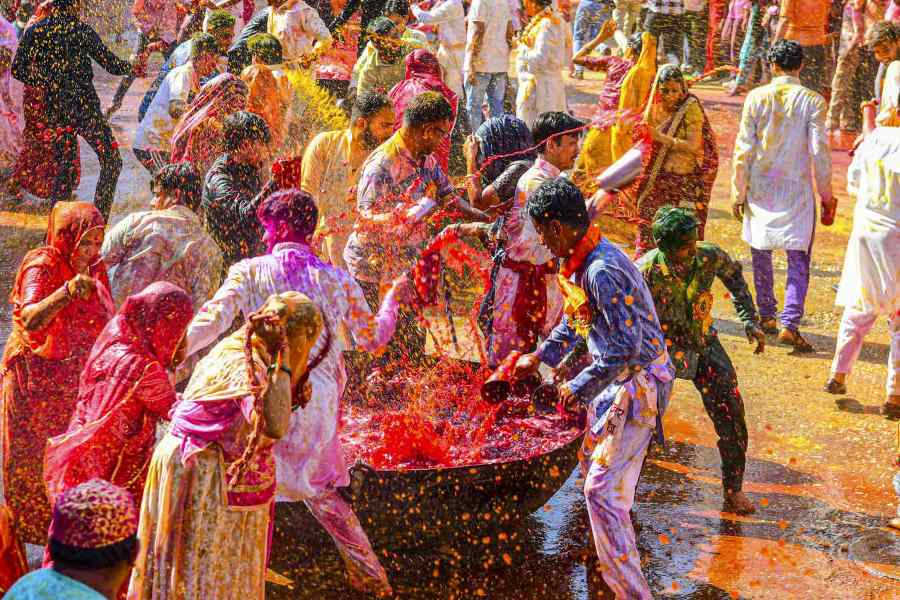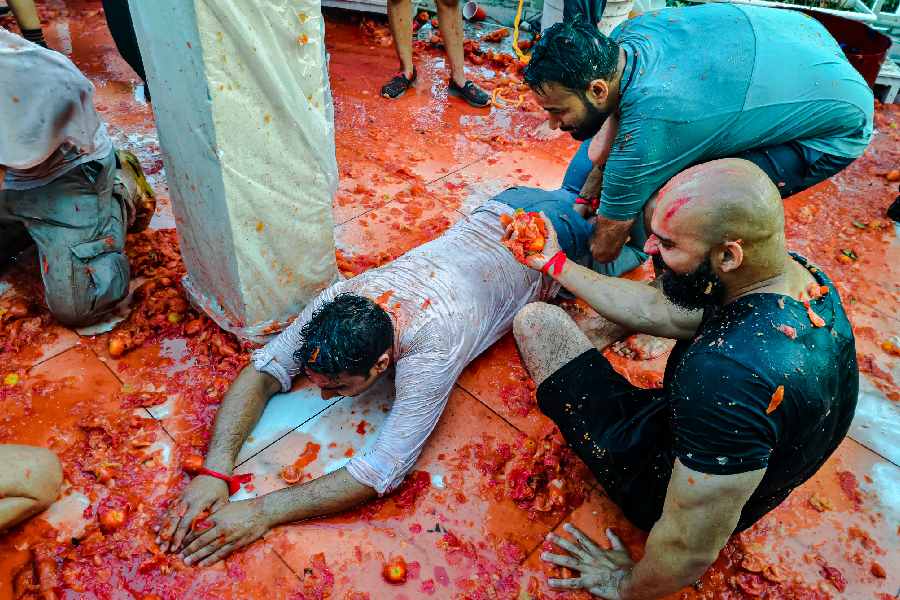 Wednesday, 04 March 2026
Wednesday, 04 March 2026
 Wednesday, 04 March 2026
Wednesday, 04 March 2026
Actor-politician Kamal Haasan on Friday met Prime Minister Narendra Modi, urging him to fast-track the recognition of the Keeladi archaeological site and support efforts to showcase the grandeur of Tamil civilisation — a demand, which has also become a flashpoint in the north-south cultural divide.
Haasan shared photos on X and penned a message outlining his appeal.
"I had the honour of meeting the Hon’ble Prime Minister of India, Shri Narendra Modi ji. As a representative of the people of Tamil Nadu and as an artist, I placed before him a few requests, foremost among them was the call to expedite the recognition of Keeladi’s antiquity," Haasan wrote.
He added: "I urged the Prime Minister to extend his support to the Tamil people in showcasing to the world the grandeur of Tamil civilisation and the timeless glory of the Tamil language."
Haasan's meeting comes at a time when the archaeological discoveries in Keeladi, a village near Madurai in Tamil Nadu, are stirring political, historical, and cultural debates across India.
Excavations in Keeladi, led initially by ASI archaeologist Amarnath Ramakrishnan in 2013, have uncovered over 15,000 artefacts, including burial urns, coins, beads, terracotta pipes, and elaborate brick structures.
The Tamil Nadu State Department of Archaeology estimates these finds to be between 2,000 and 2,500 years old, with the oldest dating back to around 580 BCE, reported BBC.
Experts believe the findings challenge long-held narratives about urbanisation being primarily a northern Indian phenomenon. Tamil Nadu archaeologists now suggest that Tamil Brahmi script may have developed independently of the Ashokan Brahmi script.
"We have found graffiti in the Tamil Brahmi script dating back to the 6th Century BCE, which shows that it is older than the Ashokan Brahmi script. We believe that both scripts developed independently and, perhaps, emerged from the Indus Valley script," Kumar said.
Epigraphist S. Rajavelu noted that other excavation sites in Tamil Nadu have unearthed Tamil Brahmi script from as early as the 5th and 4th century BCE.
The Keeladi discoveries have ignited a broader cultural and political conversation around the north-south divide in Indian history.
"It gives people from the south [of India] something to feel proud about, that our civilisation is just as ancient and important as the one in the north [of India]," said William Daniel, a schoolteacher from Kerala, to BBC.
Tamil politicians have accused the Centre of downplaying the site’s significance.
In 2017, the transfer of archaeologist Ramakrishnan from the Keeladi project led to accusations that the Centre was attempting to undermine Tamil pride. The ASI later requested revisions to his excavation report, citing "lack of scientific rigour" — a claim he denied, asserting that standard archaeological methods were followed.
Tamil Nadu chief minister MK Stalin recently called the Centre’s stance an "onslaught on Tamil culture and pride," while state minister Thangam Thennarasu alleged deliberate suppression of Tamil history.
India’s culture minister Gajendra Singh Shekhawat has since clarified that Ramakrishnan’s report has not been rejected but is "under review," pending expert feedback.







